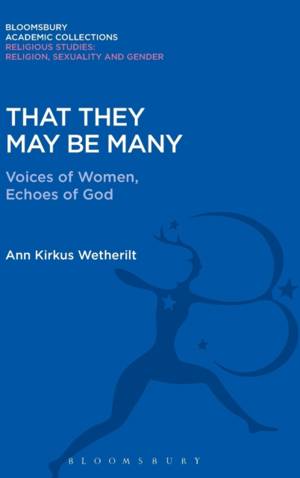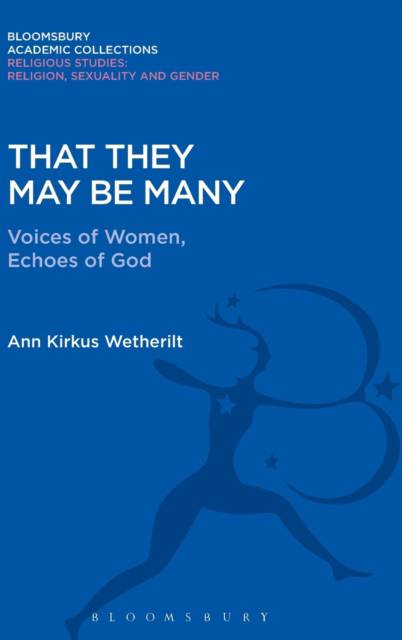
- Retrait gratuit dans votre magasin Club
- 7.000.000 titres dans notre catalogue
- Payer en toute sécurité
- Toujours un magasin près de chez vous
- Retrait gratuit dans votre magasin Club
- 7.000.0000 titres dans notre catalogue
- Payer en toute sécurité
- Toujours un magasin près de chez vous
Description
The relationship of 'The Word' to notions of unity and oneness has often served as a tool of tyranny and oppression in Christian history. Static, authoritarian religious institutions have formed and developed the central tenets of their faith, excluding from participation the voices of those who do not mirror the reality of the power brokers - overwhelmingly white, Western, heterosexual and male. Yet other voices have continually emerged in multiple locations to challenge the hegemony of 'The Word' and to claim authority and agency in the struggle for basic rights and justice. Some of these voices are explicitly religious, others not. All challenge the adequacy of a unilateral 'Word' to embody the dynamic and all-encompassing movement of the sacred in the world.
This book suggests that a metaphor of 'voices' provides possibility for the intercourse of many diverse expressions of holy power in the world without insisting upon either a primal or an ultimate onenss. The implications of this shift are many. The sources where such revelations of the divine appear are broadened to include many texts not traditionally seen as theological. Conceptions of community are revolutionized, to include not only groupings of like-minded individuals coming together for support and nourishment, but also coalitions of diverse persons, who share no particular social or cultural identity but rather their commitment to work together for a more just world.
Traditional theological categories are renamed and redefined, as their original definition and subsequent development are disclosed as limiting and inadequate. And the God whom we have been told is One is revealed as many-faceted and articulate, speaking through and among a radical multiplicity of created and creative beings who struggle together to live authentically in the world.
This book suggests that a metaphor of 'voices' provides possibility for the intercourse of many diverse expressions of holy power in the world without insisting upon either a primal or an ultimate onenss. The implications of this shift are many. The sources where such revelations of the divine appear are broadened to include many texts not traditionally seen as theological. Conceptions of community are revolutionized, to include not only groupings of like-minded individuals coming together for support and nourishment, but also coalitions of diverse persons, who share no particular social or cultural identity but rather their commitment to work together for a more just world.
Traditional theological categories are renamed and redefined, as their original definition and subsequent development are disclosed as limiting and inadequate. And the God whom we have been told is One is revealed as many-faceted and articulate, speaking through and among a radical multiplicity of created and creative beings who struggle together to live authentically in the world.
Spécifications
Parties prenantes
- Auteur(s) :
- Editeur:
Contenu
- Nombre de pages :
- 192
- Langue:
- Anglais
- Collection :
Caractéristiques
- EAN:
- 9781474281652
- Date de parution :
- 06-10-16
- Format:
- Livre relié
- Format numérique:
- Genaaid
- Dimensions :
- 156 mm x 234 mm
- Poids :
- 449 g

Les avis
Nous publions uniquement les avis qui respectent les conditions requises. Consultez nos conditions pour les avis.






